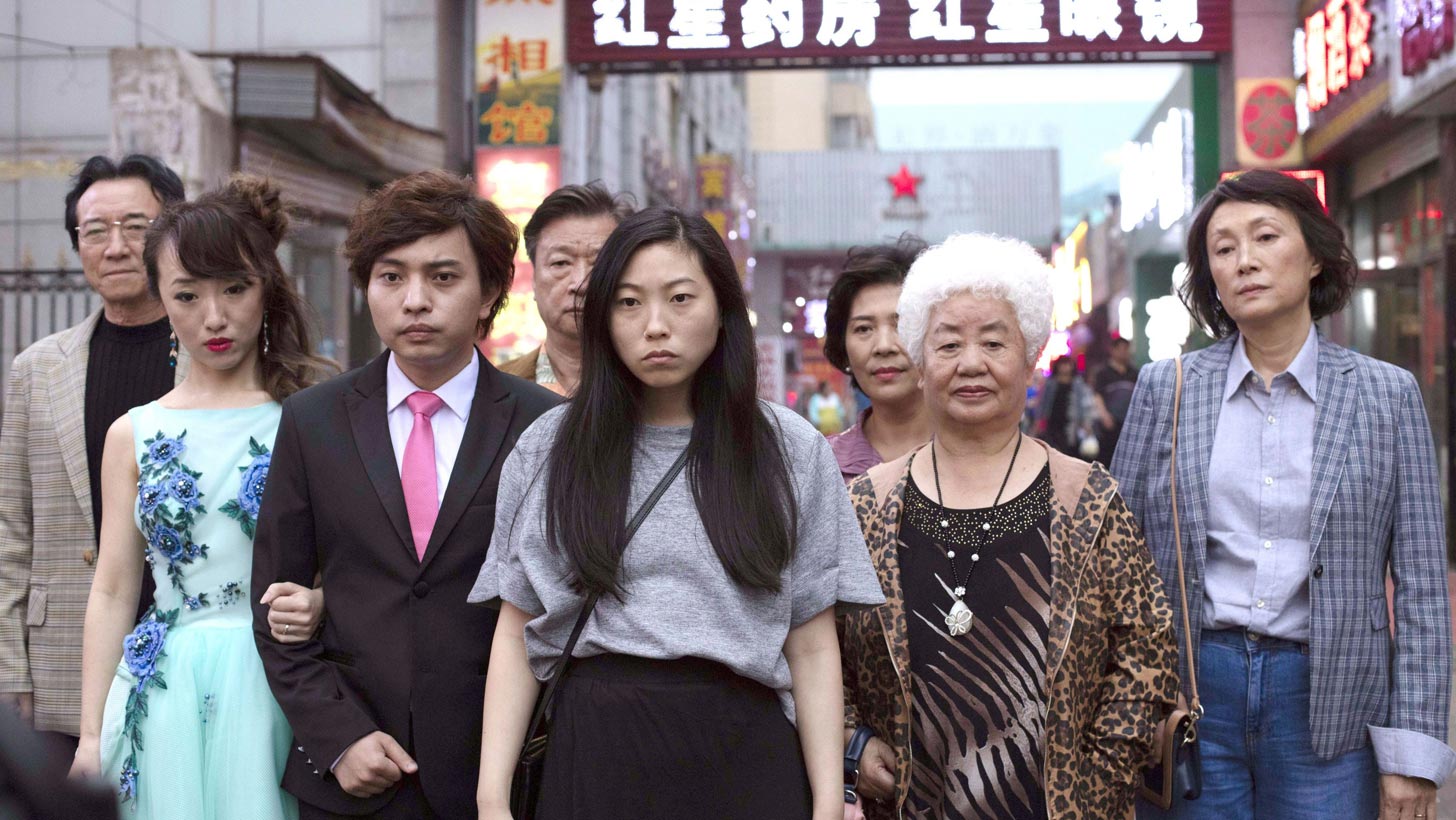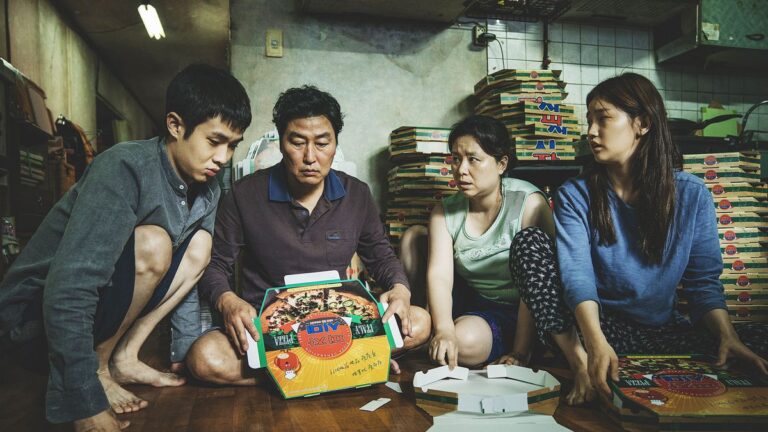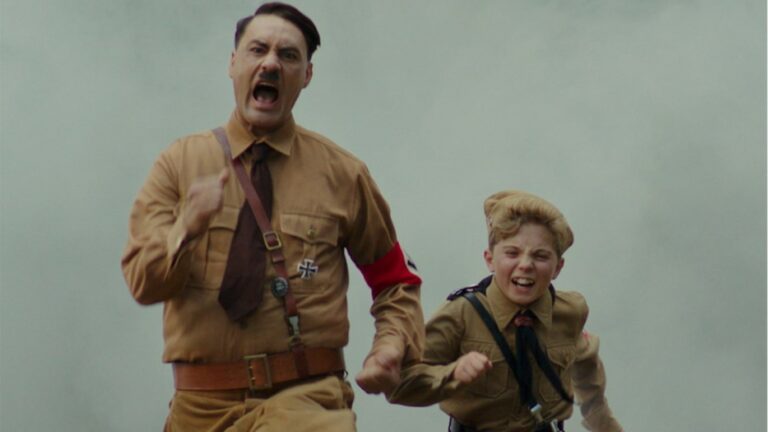Year In Review: Film
The Best Films Of 2019


Parasite

Jojo Rabbit
Latest Article|September 3, 2020|Free
::Making Grown Men Cry Since 1992


Parasite

Jojo Rabbit